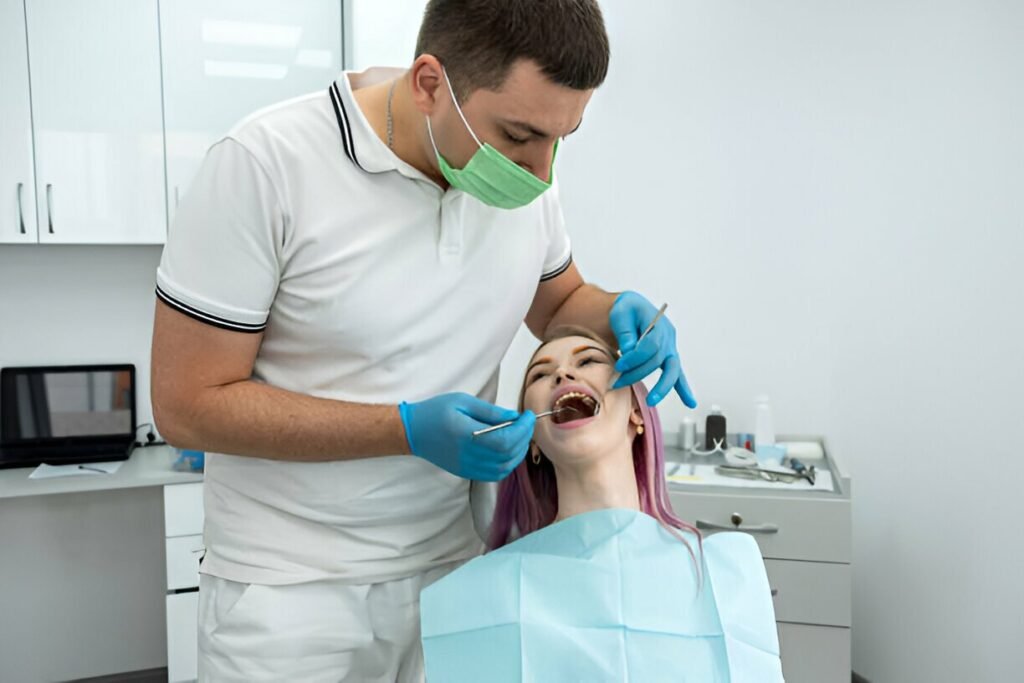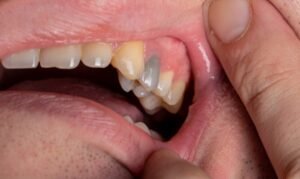Peri-implantitis is a serious condition that affects dental implants. It involves inflammation and infection around the implant. This can lead to bone loss if not treated promptly. Understanding how dentists treat peri-implantitis is essential for anyone with dental implants. This article will explain the steps dentists take to address this condition.
What is Peri-Implantitis?
Peri-implantitis is an inflammatory condition. It affects the tissues around a dental implant. It is similar to periodontitis, but it specifically targets implants. The condition can cause bone loss and the loosening of the implant. Early detection and treatment are crucial to prevent severe damage.
Symptoms of Peri-Implantitis
Recognising the symptoms of peri-implantitis is important. Here are some common signs:
- Red, swollen gums around the implant
- Bleeding when brushing or flossing
- Pain or discomfort
- Pus around the implant
- Receding gums
- Loose implant
If you notice any of these symptoms, see your dentist immediately.
Diagnosis of Peri-Implantitis
Dentists use several methods to diagnose peri-implantitis. These include:
- Visual Examination: The dentist will check for inflammation and other signs of infection.
- Probing: Using a special tool, the dentist measures the depth of the gum pockets around the implant.
- X-rays: X-rays help to see bone loss around the implant.
After diagnosing peri-implantitis, the dentist will create a treatment plan.
Can Your Mouth Reject an Implant?
Non-Surgical Treatment Options
In the early stages, dentists often use non-surgical treatments. These methods aim to control the infection and stop further damage. Here are some common non-surgical treatments:
- Professional Cleaning: The dentist will clean around the implant. This removes plaque and tartar that contribute to infection.
- Antibiotics: The dentist may prescribe antibiotics. These help to control the infection.
- Antimicrobial Rinse: Using an antimicrobial rinse can reduce bacteria around the implant.
- Laser Therapy: Some dentists use laser therapy to kill bacteria and promote healing.
Non-surgical treatments are effective for mild cases. However, more severe cases may require surgical intervention.
Surgical Treatment Options
When peri-implantitis is advanced, surgery may be necessary. Surgical treatments aim to remove infected tissue and regenerate lost bone. Here are some common surgical treatments:
- Flap Surgery: The dentist lifts the gums to access the infected area. They clean the implant surface and remove infected tissue. Then, they reposition the gums and stitch them back in place.
- Bone Grafting: If there is significant bone loss, a bone graft may be needed. The dentist adds bone material to the affected area. This promotes new bone growth and supports the implant.
- Guided Tissue Regeneration: This procedure involves placing a special membrane around the implant. The membrane encourages the growth of new bone and gum tissue.
- Implantoplasty: This procedure smooths the surface of the implant. It makes it harder for bacteria to stick and grow.
Can You Lose Your Gums Around Dental Implants?
Post-Treatment Care
After treatment, proper care is key. It ensures the treatment’s success and stops it from happening again. Here are some post-treatment care tips:
- Good Oral Hygiene: Brush and floss regularly. Use a soft-bristle toothbrush and gentle flossing techniques around the implant.
- Regular Dental Visits: See your dentist for regular check-ups and cleanings. This helps to monitor the implant and catch any problems early.
- Healthy Diet: Eat a balanced diet rich in vitamins and minerals. Avoid sugary and sticky foods that can contribute to plaque build-up.
- Quit Smoking: Smoking can hinder healing and increase the risk of peri-implantitis. If you smoke, consider quitting.
Preventing Peri-Implantitis
Prevention is always better than cure. Here are some tips to prevent peri-implantitis:
- Maintain Good Oral Hygiene: Brush twice a day and floss daily. Consider using an antimicrobial mouthwash.
- Regular Dental Check-Ups: Visit your dentist regularly for check-ups and professional cleanings.
- Healthy Lifestyle: Eat a healthy diet and avoid smoking.
- Proper Implant Care: Follow your dentist’s instructions for caring for your implants. This includes cleaning and maintenance routines.
Conclusion
Peri-implantitis is a serious condition that requires prompt treatment. Dentists use a combination of non-surgical and surgical methods to treat this condition. Early detection and treatment are key to preventing severe damage. After treatment, you must give proper care. You must also have regular dental visits. These steps are crucial to keep your implants healthy. Following good oral hygiene and a healthy lifestyle can reduce the risk of peri-implantitis. This will ensure the longevity of your dental implants.
Call to Action
If you have symptoms of peri-implantitis or need a check-up, seek professional help right away. At NHS dentist Dumfries, we provide complete dental care. We ensure that your implants and overall oral health are well-maintained. Don’t wait until it’s too late—schedule your appointment today and take the first step towards a healthier smile. Our team of experienced dentists is here to help you with any dental concerns you may have. Contact NHS dentist Dumfries now to book your visit.
